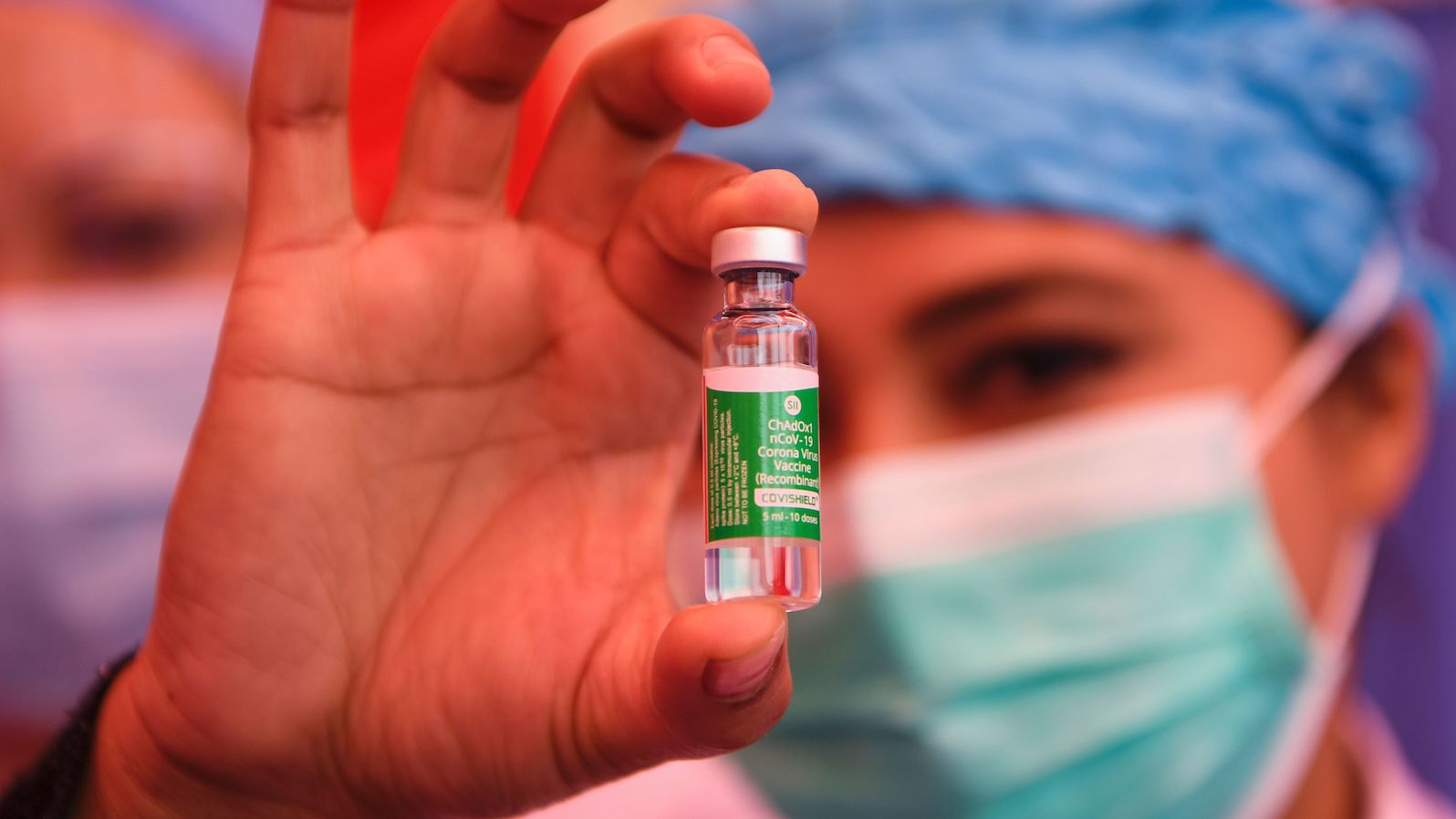
(CNN Español) – The AstraZeneca and Oxford University vaccine could reduce coronavirus transmission and prevent symptomatic disease, researchers reported in a pre-publication.
Although its effectiveness is less than other approved vaccines in preventing symptomatic infection, it is the only one to have shown a decrease in transmission so far. Dr. Elmer Huerta analyzes the results of the research in this episode.
WATCH: Oxford / AstraZeneca vaccine could reduce coronavirus transmission, UK researchers say
You can listen to this episode on Apple Podcasts, Spotify or your favorite podcast platform, or read the transcript below.
Hi, I am Dr. Elmer Huerta And this is your daily dose of information about the new coronavirus. Information that we hope will be helpful in caring for your health and that of your family.
Today we will see the encouraging results obtained with the AstraZeneca vaccine, published in a pre-publication on Feb. 3.
Vaccines and their purposes
Undoubtedly, the main purpose of a vaccine is to prevent the spread of disease.
In other words, if, for example, a child has been vaccinated against measles, the main purpose of this vaccination is that by coming into contact with the measles virus, the vaccinated child is protected and does not become ill.
But in addition to that primary goal, there are other secondary goals in a vaccination program.
For example, the vaccinated person may not receive full protection and may become infected and develop a mild form of the disease. In this case, the vaccine prevents severe cases and hospitalizations caused by the disease.
Likewise, the vaccinated person may become infected but develop an asymptomatic form of the disease by not receiving full protection. In this case, it would be very important to know if these people with asymptomatic disease are still able to transmit or spread the disease.
The AstraZeneca Vaccine: Study Results
In the AstraZeneca study, the researchers found that two weeks after the second dose, their vaccine was 66.7% effective in preventing symptomatic illnesses.
But in a very important finding, the research appears to show that the vaccine is able to significantly reduce the transmission of the novel coronavirus and prevent symptomatic diseases.
To do this, they did PCR tests on a group of participants and found that the positive test rate was halved after two doses of the vaccine, and after a single dose, the positive test rate was reduced by 67%.
This fact, not yet proven for Moderna and Pfizer vaccines, is very important as it would greatly aid in the eradication of the disease.
Another important finding indicates from research that the vaccine is able to protect against infection after a single injection, with an efficacy of 76% from day 22 to day 90 after the first dose is administered.
In this regard, the study says that antibody levels were relatively stable during this time, with a minimal decrease in antibodies at day 90.
AstraZeneca vaccine doses
This important finding is the basis for the political decision taken by the UK government in the last week of December 2020, in which, by approving the emergency use of the AstraZeneca vaccine, it surprised the world by recommending that the second dose should can be given 12 weeks later.
The fact that the antibody levels have remained stable, with a minimal decrease of these substances 3 months after a single dose, undoubtedly justifies that the maximum possible number of people can be vaccinated with the first dose, waiting up to 3 months to give the second, time indicate the production of vaccines can be accelerated.
In summary, this study indicates that the AstraZeneca vaccine can not only prevent the transmission of the virus, but that the second dose can be delayed up to 12 weeks after the first.
Pre-publication is peer-reviewed in medical journal The Lancet.
Do you have any questions about the corona virus?
Send me your questions on Twitter, we’ll try to answer them in our next installments. You can find me inside @DrHuerta. You can see that we answer them.
If you think this podcast is useful, help others find it by rating and rating it in your favorite podcast app. We’ll be back tomorrow, so subscribe to get the latest episode on your account.
And for the most up-to-date information, you can always visit CNNEspanol.com. Thanks for your attention.